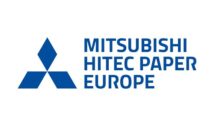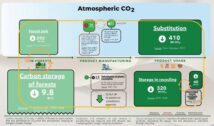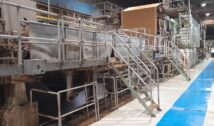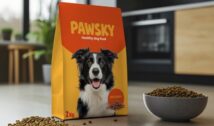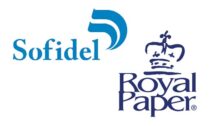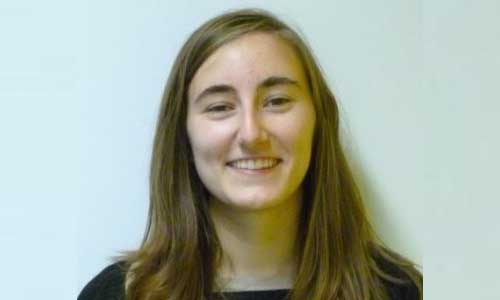
On March 1, 2022, Eva Pasquier defended a doctoral thesis from the University of Grenoble Alpes under the supervision of Julien Bras, HDR Lecturer (Grenoble INP-Pagora / LGP2) and the co-direction of Professor Orlandos Rojas (Aalto, Finlande & University of British Columbia, Canada). The thesis was co-supervised by Bruno D. Mattos (Aalto University, Finland) and Professor Naceur Belgacem (Grenoble INP-Pagora / LGP2).
Eva Pasquier presented the results of her research entitled Preparation of biobased materials from nano-polysaccharides and lignin particles for food packaging applications.
The goal of this project is to better understand the interactions between different biobased colloids. The three most abundant polymers that can be extracted from nature are cellulose, chitin, and lignin. Cellulose and chitin fibers can be mechanically fibrillated into colloidally stable nanofibers while lignin and wax (nano)particles can be prepared. These colloids have been studied individually however the interactions between each other have been so far overlooked. To create fully biobased materials, it is important to understand the colloids’ behavior but also their interactions. Moreover, these colloids are promising for food packaging applications. Cellulose and chitin nanofibers can act as matrices to make strong films with high oxygen barrier properties while lignin can form active particles that have antioxidant and UV absorbing properties and wax particules are hydrophobic.
The first part of the project focuses on the preparation of the colloids, in particular, chitin nanofibers (ChNF) from shrimp, fly or mealworm sources. Promising mechanical properties were obtained from films made from chitin and cellulose fibrillated together.
Then, a new method to prepare LP in the presence of cellulose or chitin nanofibers was studied. Electrostatic attraction between ChNF and LP led to homogeneous repartition of LP into ChNF films. Finally, we took advantage of the different colloids interactions to prepare multilayer films with promising high barrier properties including oxygen, water vapor, UV, and grease barriers.
This thesis brings some understandings on biobased colloids interactions and how to use these interactions to create fully biobased functional films towards barrier food packaging applications.
RELATED NEWS
Voith Paper completes the PM2 rebuild at Panasa in Ecuador
April 17, 2025
Sylvamo Announces CEO, CFO Transition Plan
April 17, 2025
SCA to increase kraftliner prices by € 60 per tonne
April 16, 2025
New Strategic Partnership for GAW technologies in France
April 4, 2025


